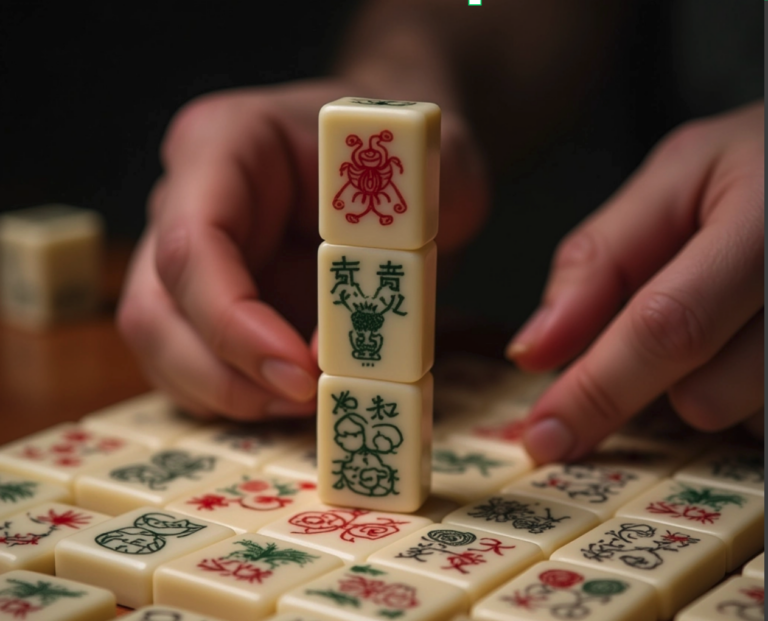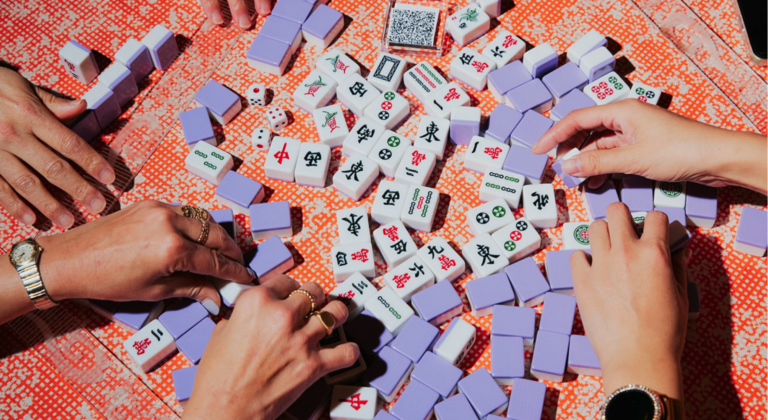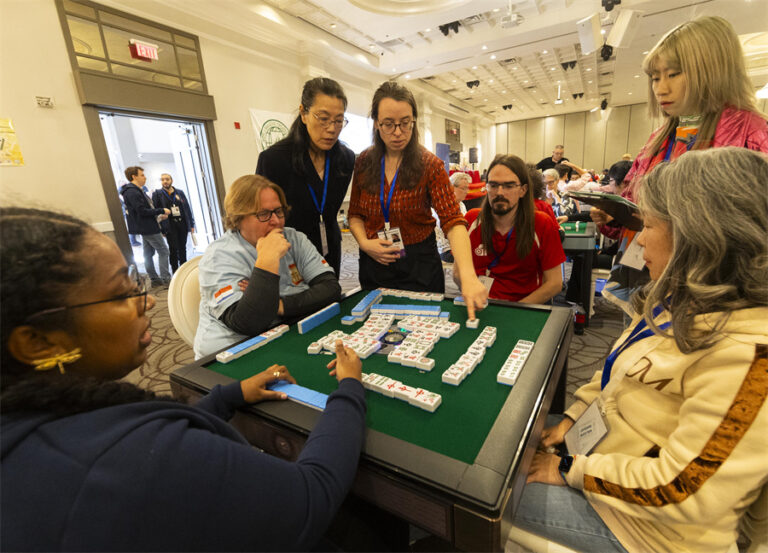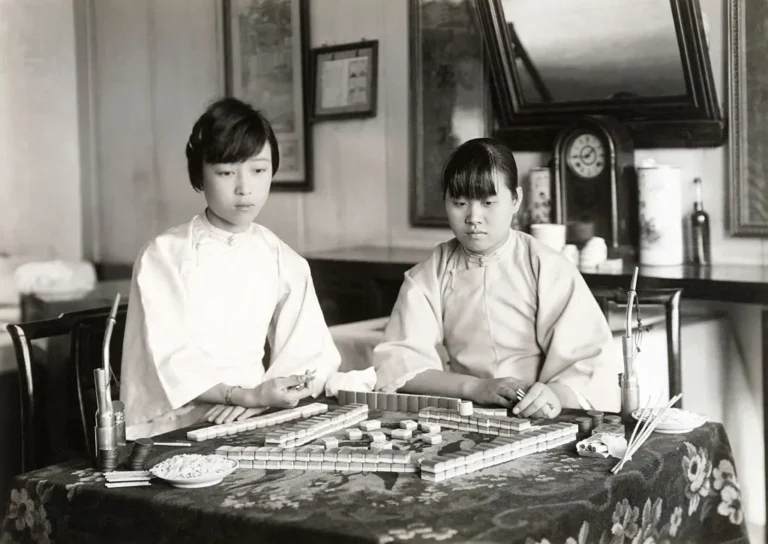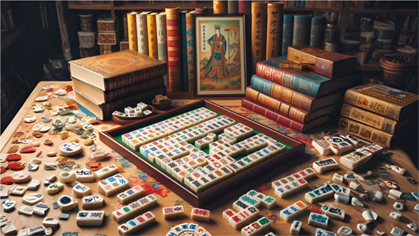Blog
History
Unlocking Cognitive Skills: The Surprising Brain Perks of Playing Mahjong Regularly
You know that scattered, foggy feeling—like when you’re hunting for your keys but your brain’s acting like a web browser overloaded with tabs, each one blinking for attention? Now, picture this: instead of spiraling into a frantic mental scavenger hunt, what if you could train your brain to stay sharp and organized—and enjoy yourself while […]
Read MoreDiscover the Top 5 Surprising Ways Mahjong Boosts Your Health (While You’re Just Having Fun)
*image Jennelle Fong Imagine this: You’re sitting at a comfy kitchen table, tiles making a soft clicking noise, your friend complaining playfully as you take the last tile they needed. You laugh, and for a second, and forget about the shopping list in your head. It’s not just a game – it’s like a hidden […]
Read MoreMahjong as a Competitive Sport: From Tea Houses to Global Arenas
*Two judges (center) review the result of a game during the 7th World Mahjong Championship in Mississauga, Canada, on Oct 12. [Photo/Xinhua] Imagine a hushed room in Macau, the air thick with tension as 200 players from 30 countries clutch their tiles like poker pros holding a royal flush. A judge in a crisp blazer […]
Read MorePlay Mahjong Free Game Online – No Registration, No Fees, Just Pure Fun!
Ever been so eager to dive into a game, only to be put off by the endless hassle of passwords, credit cards, and those eternal download waits? Imagine one click on a link and—wham!—you’re immediately immersed in matching tiles, your stress disappearing as effortlessly as ice under a scorching summer sun. That’s the magic of […]
Read MoreFrom Tradition to Competition: The History of Mahjong Championships
*Two Chinese girls playing mah-jongg, circa 1920s Bettmann Archive—Getty Images Step into a lively tea house in 1920s Shanghai—jasmine swirling in the air, quiet chatter buzzing at every table, and the crisp clack of Mahjong tiles cutting through it all. Players lean in, murmuring strategies over tiny porcelain cups, every move calculated, every glance deliberate. […]
Read MoreMahjong’s Hidden History: From Tea Houses to Suburban Tables
Picture, if you will, the hazy ambiance of 19th-century Shanghai tea houses—smoke curling around the murmur of animated merchants and scholarly chatter. Here, in these vibrant enclaves, Mahjong was no somnolent relic but rather a bold social experiment sprung forth from the crucible of China’s cultural amalgam. Its precise origins dissolve like mist—a tantalizing memory […]
Read More
